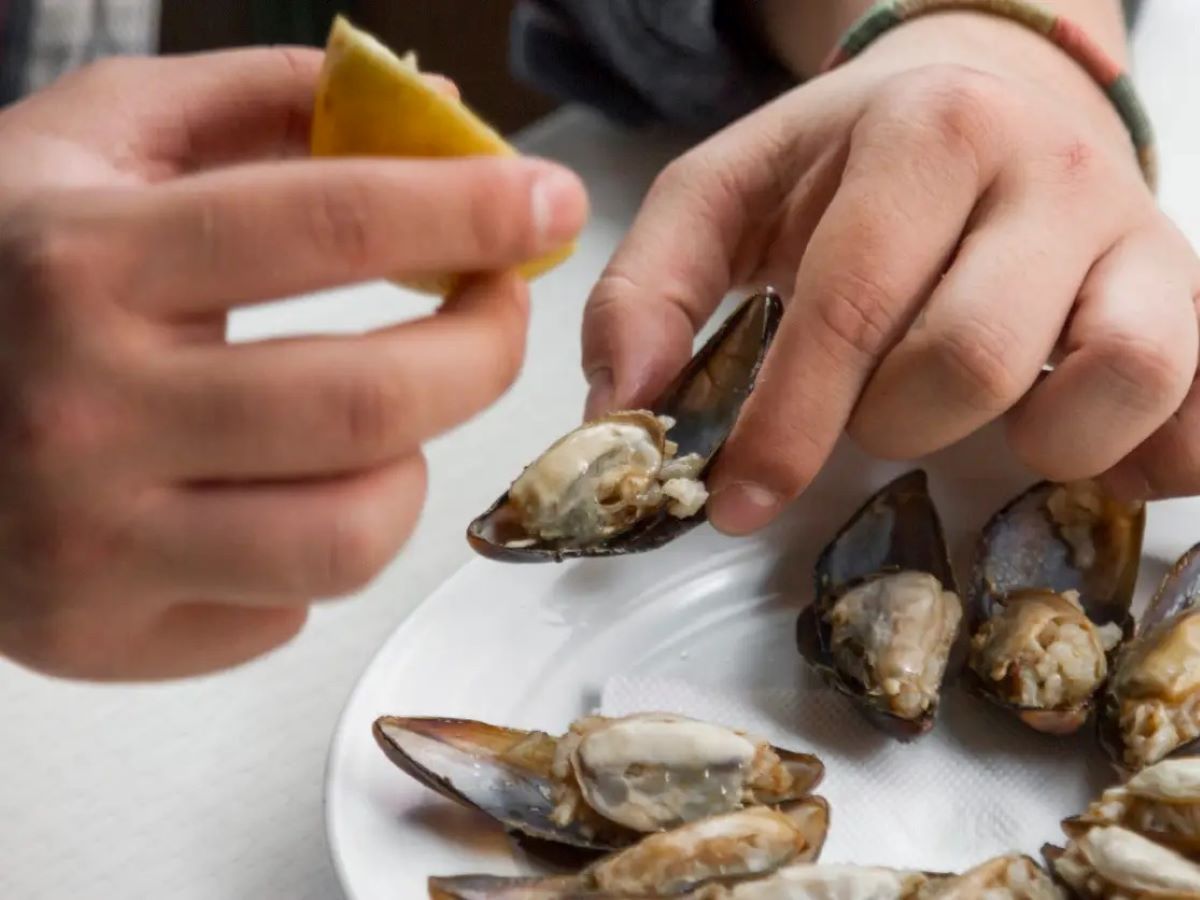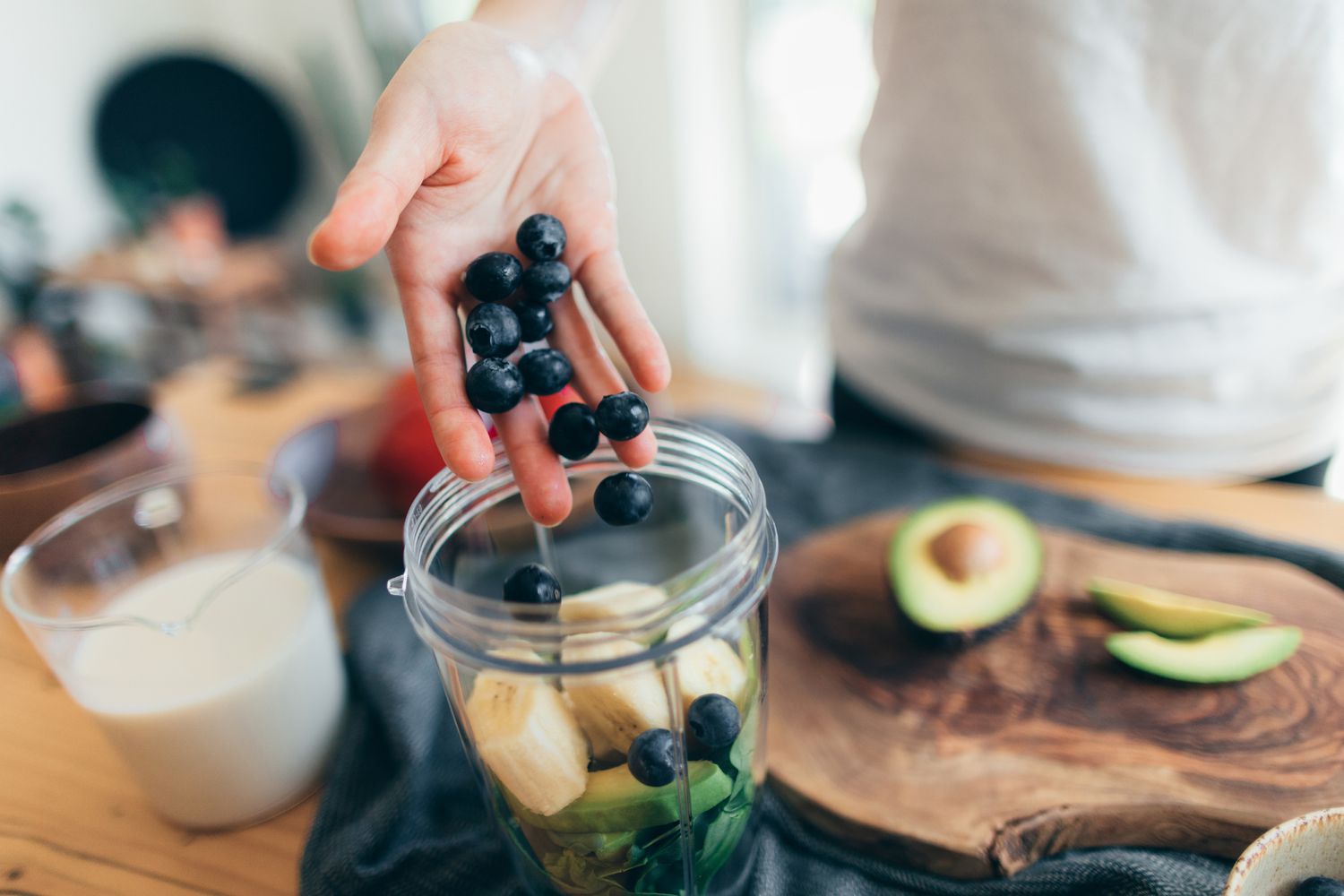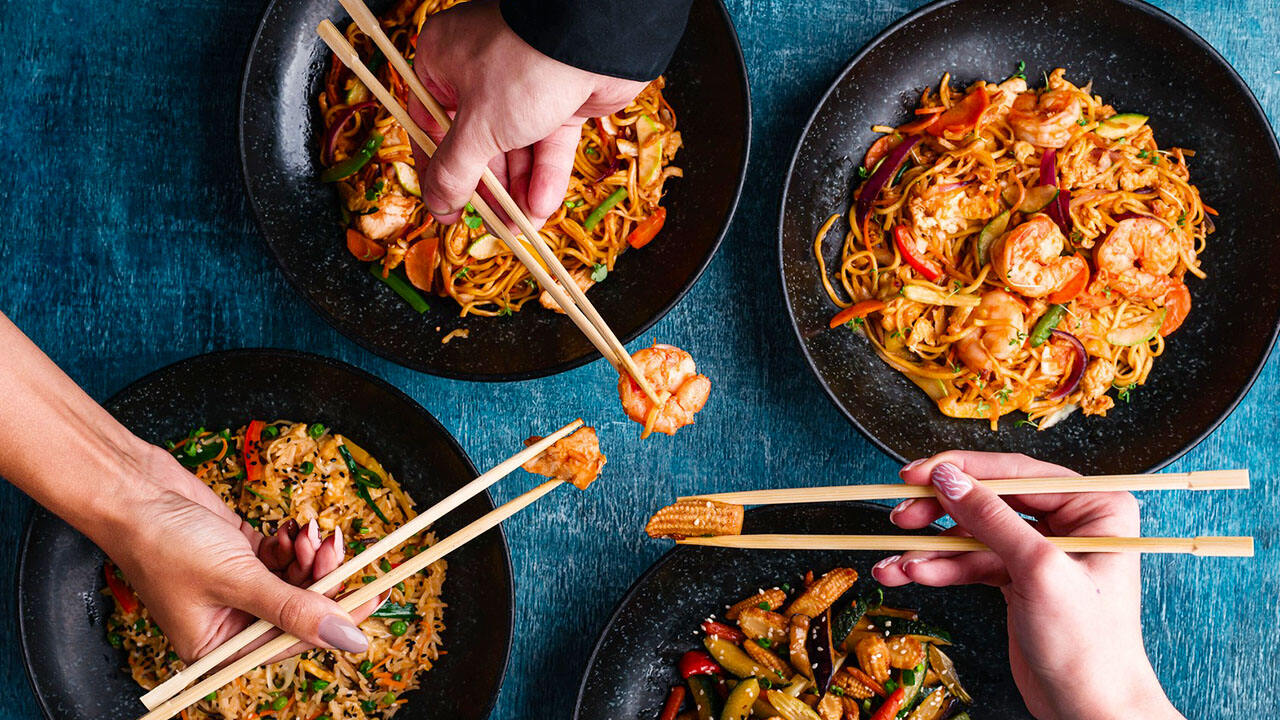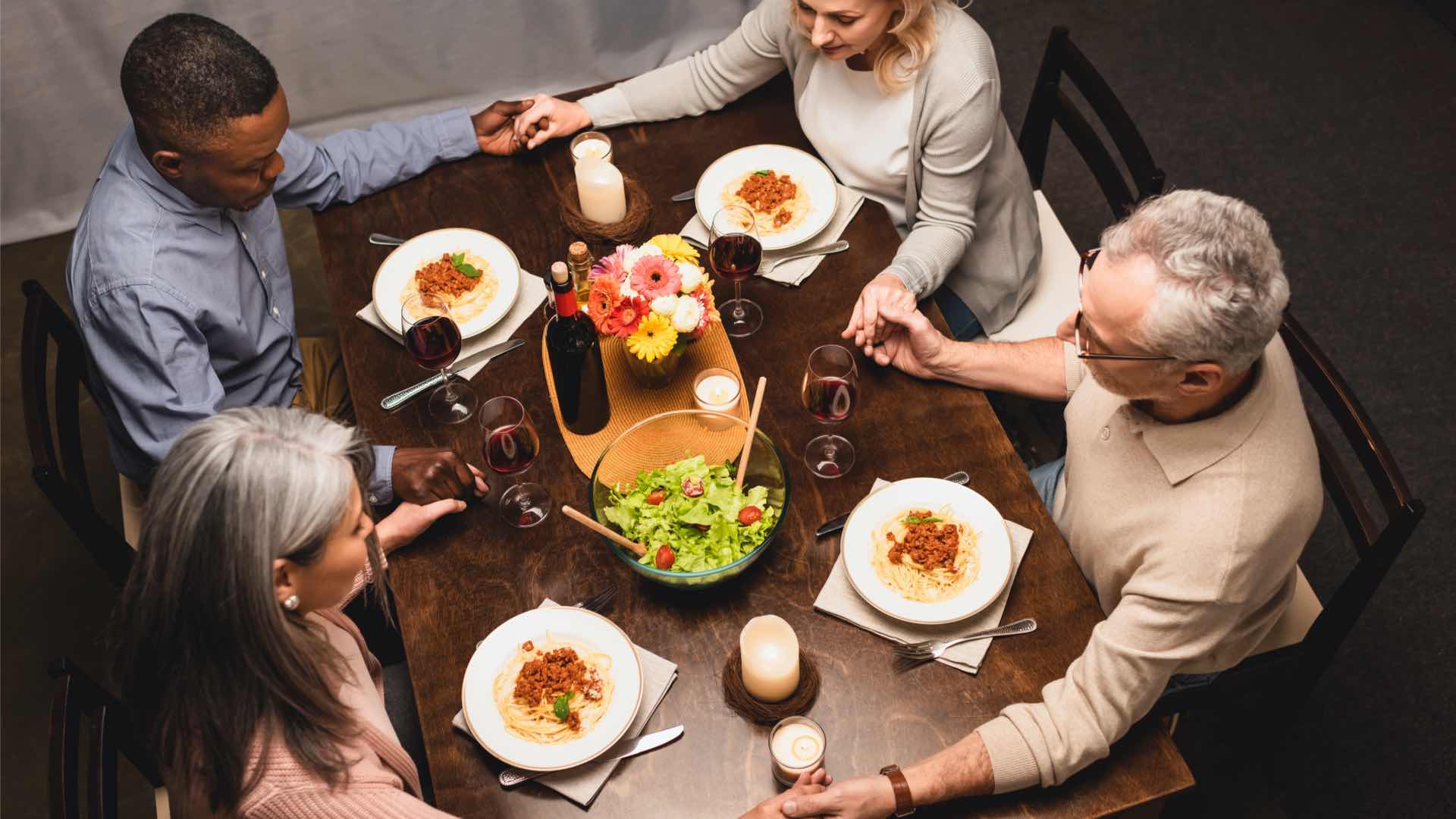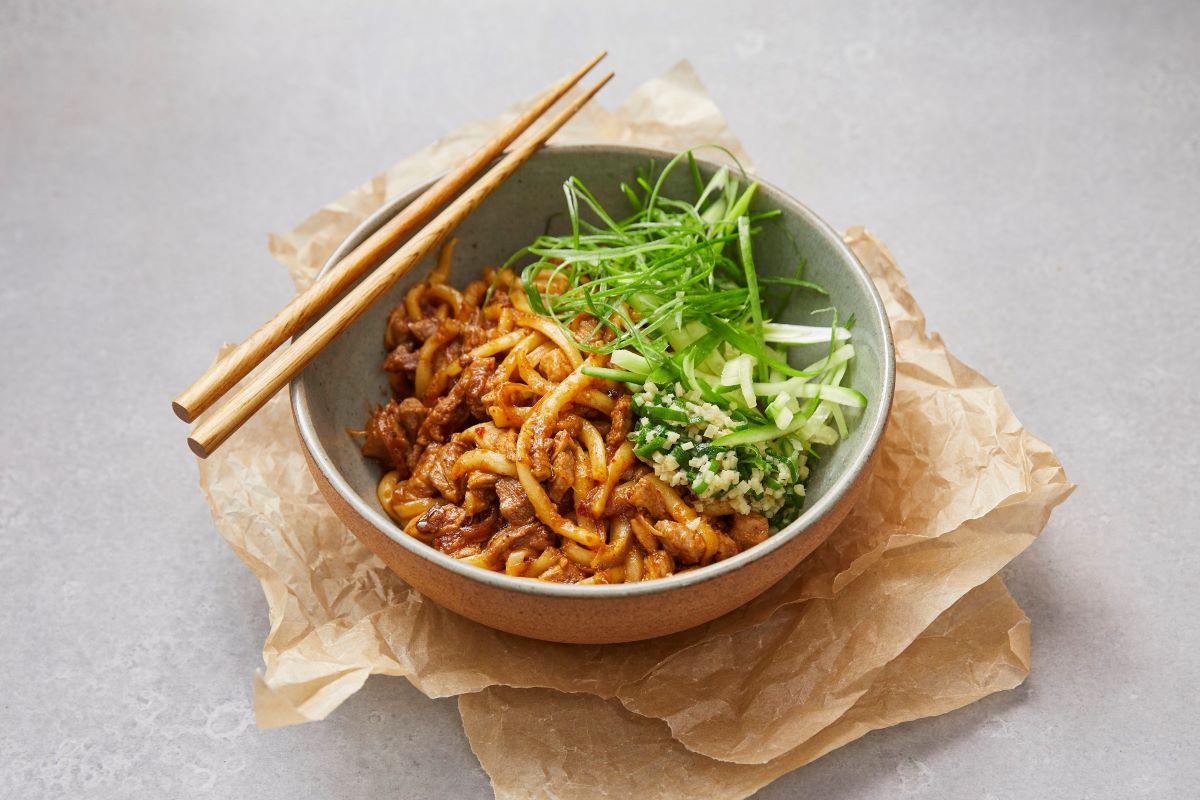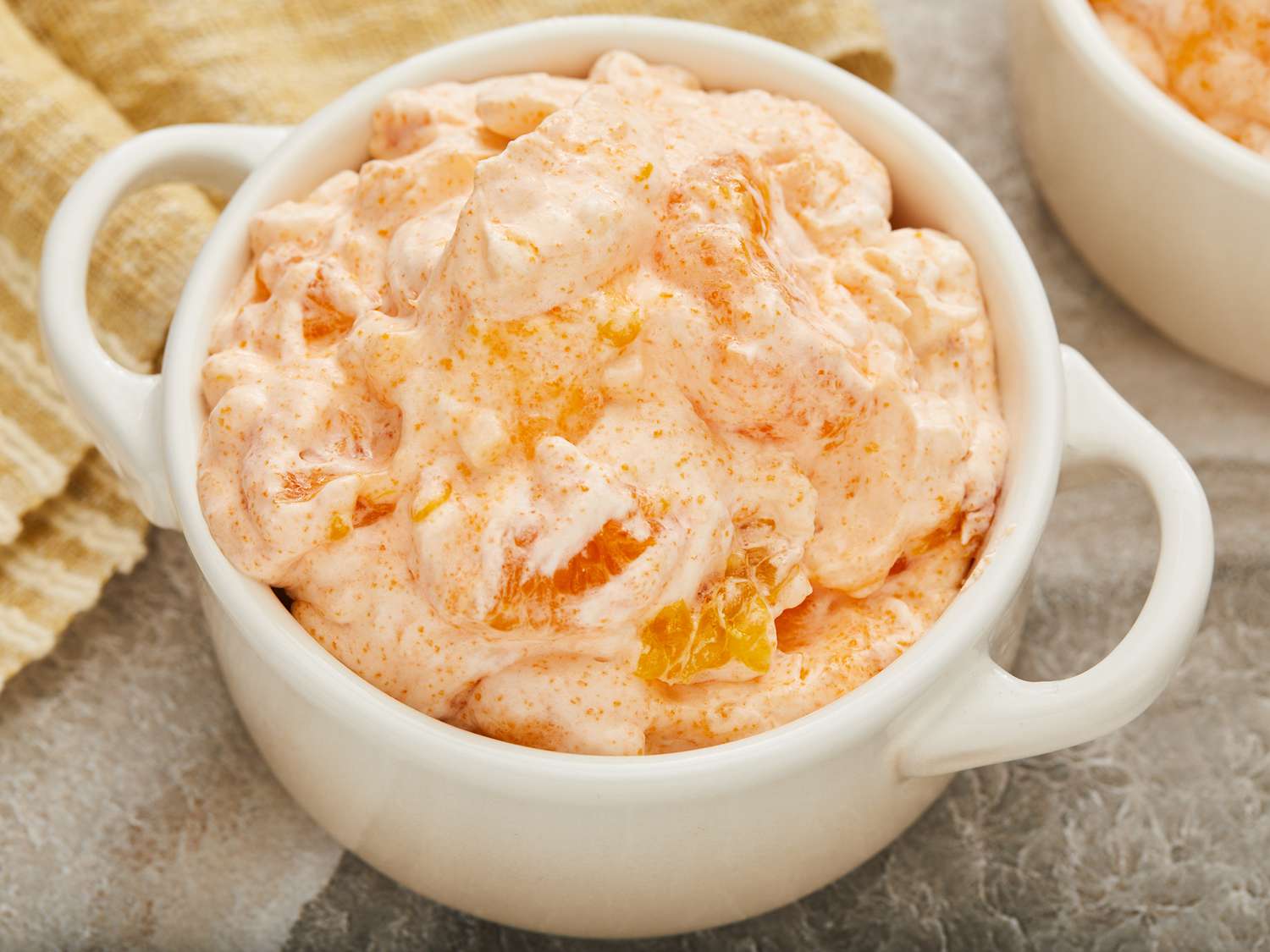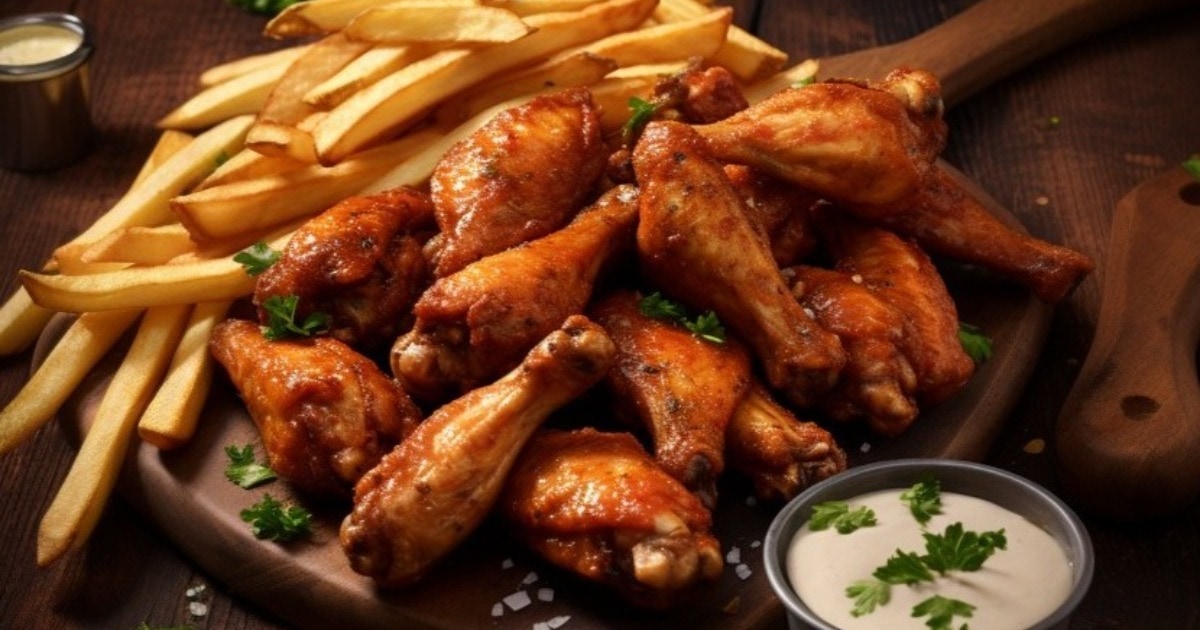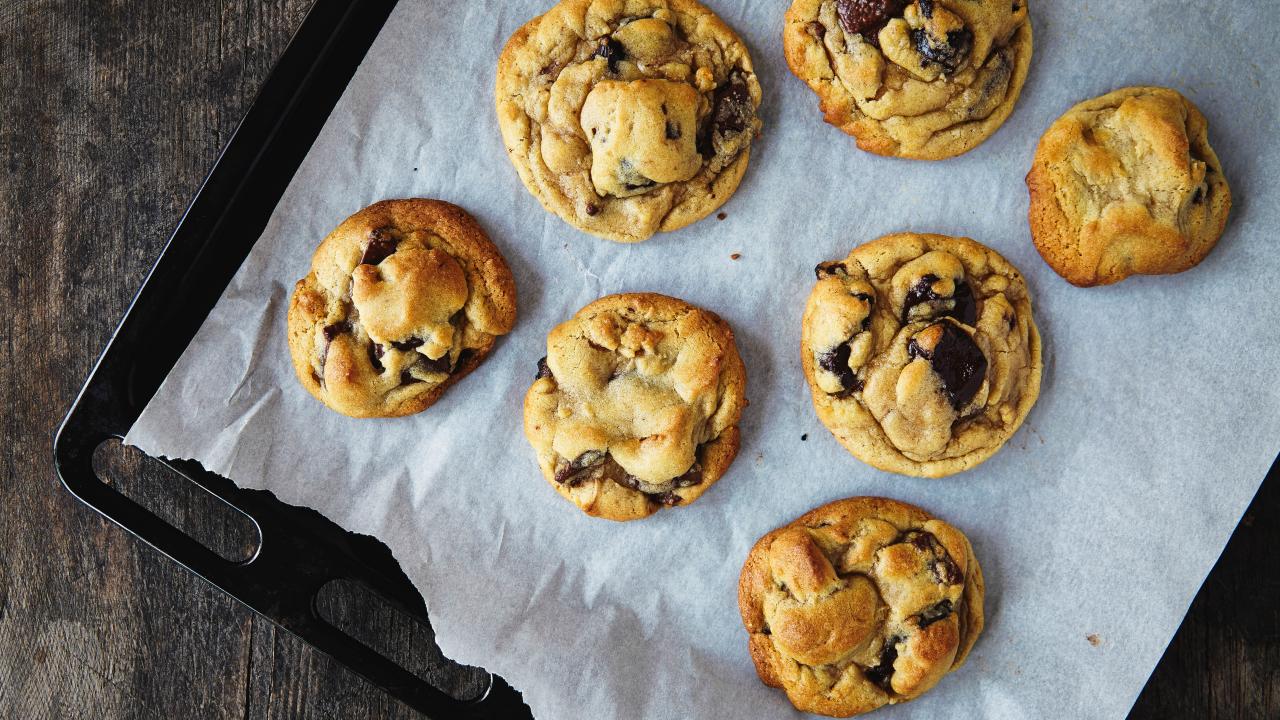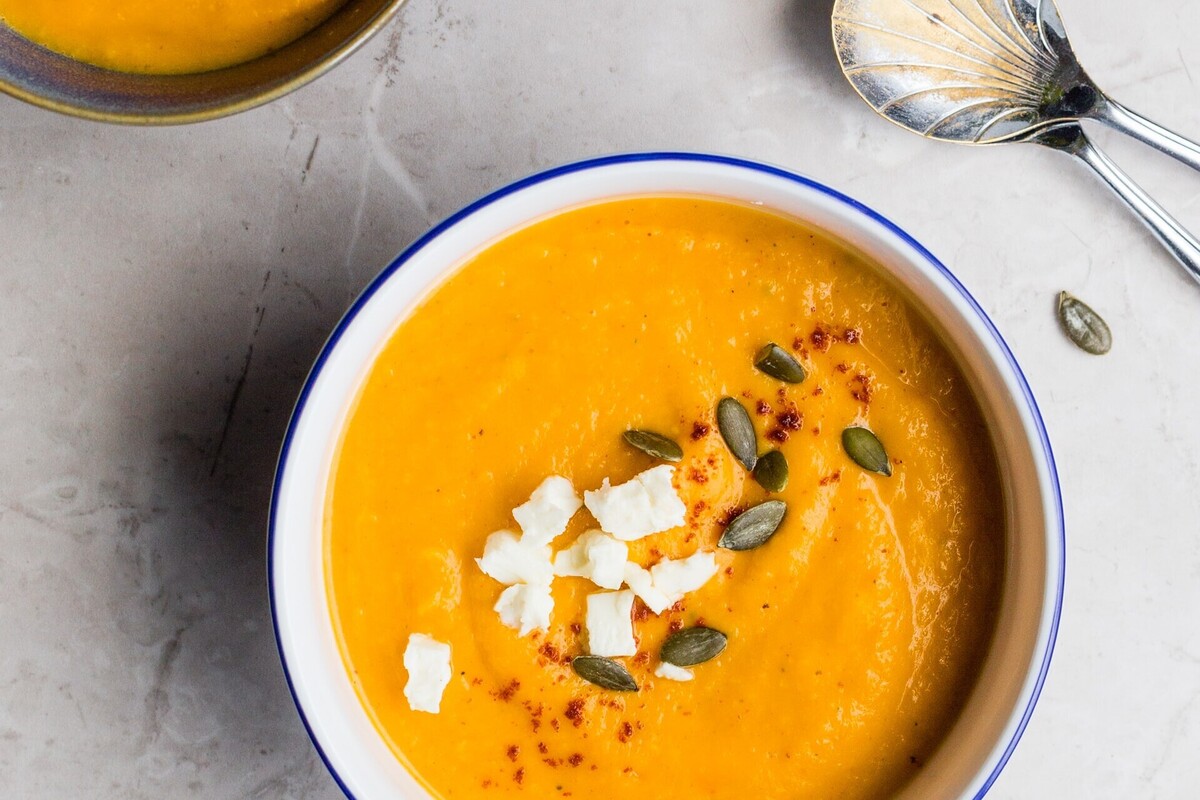How to Enjoy Food with a Small Mouth
Having a small mouth can present unique challenges when it comes to eating, but it doesn’t have to limit your enjoyment of food. With a few simple tips and tricks, you can make mealtime more comfortable and enjoyable. Whether you have a small mouth due to genetics, dental issues, or other reasons, these strategies can help you make the most of every bite.
Choose Foods Wisely
When you have a small mouth, it’s important to choose foods that are easy to eat and won’t require excessive chewing. Opt for softer foods that are gentle on the jaw and can be easily broken down. Some good options include:
- Yogurt
- Mashed potatoes
- Smoothies
- Oatmeal
- Steamed vegetables
These foods are not only easier to eat, but they can also be packed with nutrients, making them a great choice for those with a small mouth.
Take Small Bites
Instead of trying to take large bites of food, focus on taking smaller, more manageable bites. This can help prevent discomfort and make the eating process more enjoyable. Cutting food into smaller pieces can also make it easier to chew and swallow, especially if you have a small mouth.
Use Utensils to Your Advantage
Utensils can be incredibly helpful when you have a small mouth. Use a knife to cut food into smaller pieces, and take advantage of spoons to enjoy soups, stews, and other liquid-based dishes. Using utensils can make it easier to control portion sizes and ensure that each bite is manageable.
Stay Hydrated
Drinking an adequate amount of water can help make the eating process smoother and more comfortable. Staying hydrated can prevent dry mouth, which can make it more difficult to chew and swallow food. Sipping water throughout your meal can also help wash down food and make it easier to consume.
Practice Mindful Eating
Mindful eating involves paying close attention to the sensory experience of eating, including the taste, texture, and aroma of food. When you have a small mouth, this approach can be especially beneficial. By savoring each bite and taking your time with meals, you can make the most of the food you’re able to eat.
Consider Dental Adjustments
If your small mouth is due to dental issues, consider speaking with a dentist about potential adjustments that could make eating more comfortable. This might include orthodontic treatments, dental appliances, or other interventions that can improve the function of your mouth and jaw.
Conclusion
Having a small mouth doesn’t have to detract from your enjoyment of food. By choosing the right foods, taking small bites, using utensils strategically, staying hydrated, practicing mindful eating, and considering dental adjustments, you can make mealtime more comfortable and satisfying. With these tips, you can savor every bite and make the most of your dining experiences.

